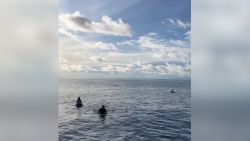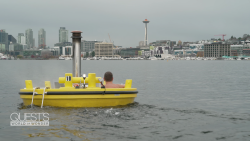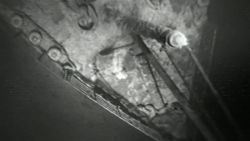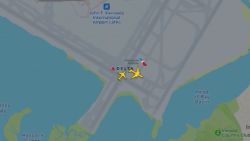A woman from Australia has found the world’s oldest known message in a bottle nearly 132 years after it was thrown into the sea, experts say.
Tonya Illman discovered the bottle half-buried in the sand on a beach in Western Australia, just north of Wedge Island, 180 kilometers (112 miles) north of the state capital Perth.
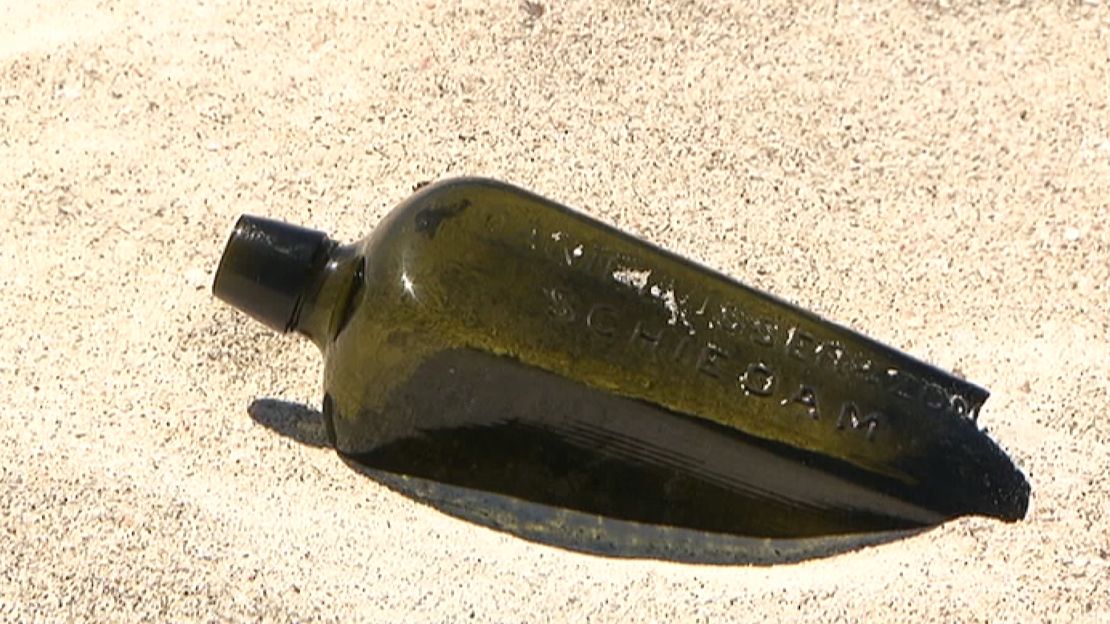
The message, dated 12 June 1886, was thrown into the Indian Ocean from the German sailing barque Paula, which was en route from Cardiff, Wales, to its destination of Dutch East Indies (now Indonesia).
The bottle was one of thousands thrown into oceans as part of a 69-year-long German experiment on global currents to find faster shipping routes, the Western Australia Museum said.
Until now, the previous world record for the oldest message in a bottle was 108 years, four months and 18 days from the time it was jettisoned until its discovery, according to the museum.
Experts in Germany and Australia have confirmed the authenticity of the find.
Illman found the bottle near her son’s car which had become bogged in the beach’s soft sand.
‘Lovely old bottle’
“My friend Grace Ricciardo and I were walking across the dunes when I saw something sticking out of the sand so I went to take a closer look,” Illman was quoted as saying by the museum.
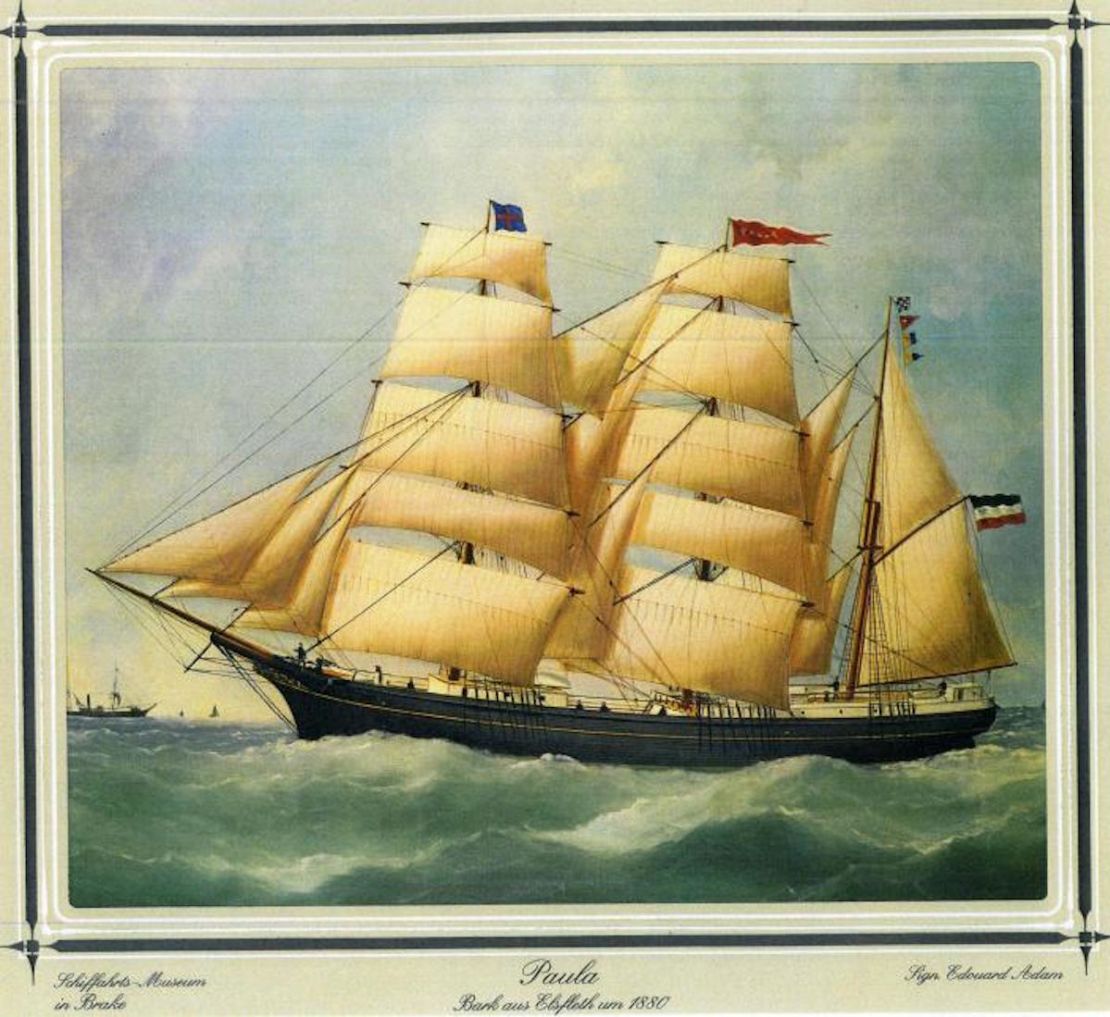
“It just looked like a lovely old bottle so I picked it up thinking it might look good in my bookcase. My son’s girlfriend was the one who discovered the note when she went to tip the sand out.
“The note was damp, rolled tightly and wrapped with string. We took it home and dried it out, and when we opened it we saw it was a printed form, in German, with very faint German handwriting on it.”
The Illmans took their find to the museum which established the bottle was a 19th Century Dutch gin bottle, the paper and coloration were consistent with 19th Century paper, and the German barque Paula sailed from Cardiff to Makassar (Indonesia) in 1886.
“Incredibly, an archival search in Germany found Paula’s original Meteorological Journal and there was an entry for 12 June 1886 made by the captain, recording a drift bottle having been thrown overboard,” said Ross Anderson, the museum’s assistant curator Maritime Archeology.
“The date and the coordinates correspond exactly with those on the bottle message,” he added.
Of all the bottles thrown overboard during the oceanographic experiment, 663 message slips have been returned to Hamburg. But only one bottle – that found at Wedge Island – has been returned.


